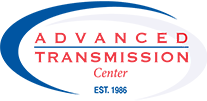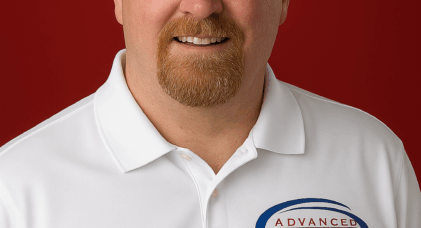Living in Colorado means putting your four-wheel-drive system to the test—sometimes daily. Between steep mountain grades, sudden snowstorms, gravel backroads, and weekend off-roading, even well-built drivetrains wear out faster here than in flatter, milder states. The good news? With the right service schedule and habits, you can stay ahead of costly repairs.
Quick Answer (30 words)
Colorado’s mountain roads, snow, and off-road trails stress your 4WD system more than normal driving. Regular fluid changes, inspections, and early repairs help extend the life of your transfer case and axles.
Why 4WD Systems Wear Faster in Colorado
1. Frequent Elevation Changes
Why it matters: Climbing grades and engine braking down steep passes put extra strain on your transfer case and differentials—especially under load.
2. Off-Road and Trail Use
Why it matters: Rocks, mud, ruts, and steep inclines force your 4WD system to work harder. Constant traction changes wear down clutch packs, joints, and gears.
3. Snow, Ice, and Mixed-Condition Roads
Why it matters: Engaging and disengaging 4WD repeatedly during winter driving—sometimes even mid-trip—can wear out actuators and electronic shift components faster than occasional seasonal use.
4. Dust, Dirt, and Debris Exposure
Why it matters: Unpaved mountain roads kick up dust and rocks that can enter seals, dry out joints, and contaminate your transfer case or differential fluid.
5. Heavy Loads and Towing
Why it matters: Towing a trailer or hauling gear in thin mountain air puts more torque through the driveline. More torque = more wear on gears and bearings.
What You Can Do to Protect Your 4WD
Action |
Why It Helps |
Recommended Interval |
| Transfer Case Fluid Change | Prevents internal wear from dirty or overheated fluid | Every 30K–50K miles |
| Axle/Diff Fluid Change | Keeps gears and bearings lubricated under heavy load | Every 30K miles (more often if off-road) |
| U-Joint & CV Boot Inspection | Prevents vibration, axle failure, and grease loss | Every oil change or 5K–7K miles |
| Actuator & Shift System Check | Ensures smooth 4WD engagement when you need it | Before winter or off-road trips |
| Tire Rotation & Matching | Reduces strain on 4WD system from uneven rolling diameters | Every 5K–6K miles |
Why Preventive 4WD Service Is Cheaper Than Repairs
Issue Ignored |
Result |
Repair Cost |
| Old transfer case fluid | Gear or chain damage | $1,200–$3,000 |
| Torn CV boot | Axle failure | $400–$700 per side |
| Seized U-joint | Driveshaft replacement | $500–$1,800 |
| Failed actuator | Stuck in 2WD or 4WD | $450–$1,500 |
| Worn diff fluid | Bearing or gear failure | $800–$3,500 |
FAQs: 4WD Wear & Maintenance in Colorado
Q: Does 4WD wear out faster in the mountains?
A: Yes—elevation, temperature swings, and off-road conditions push your system harder than flatland driving.
Q: How do I know if my 4WD fluid needs changing?
A: If it’s dark, smells burnt, or hasn’t been serviced in 30K+ miles, it’s time. Fluid should be clean and reddish or amber in color.
Q: Can mismatched tires damage my 4WD system?
A: Absolutely. Uneven tire sizes or wear can stress differentials and clutches, especially in full-time AWD vehicles.
Q: How often should I engage 4WD if I don’t off-road?
A: Run it for a few miles every month to keep parts lubricated and ensure the shift motor doesn’t seize.
Q: Is there a 4WD system check I should do before winter?
A: Yes—test engagement, inspect fluids, and check for leaks. We recommend a pre-season 4WD diagnostic every fall.
With over 10 years of hands-on experience in the automotive industry, including serving as General Manager for a high-volume transmission shop, Tom Christy brings deep operational and technical expertise to every facet of auto repair and service management. Having overseen multi-million-dollar operations, led national teams, and improved shop performance across sales, staffing, and customer service, Tom has a proven track record of growing revenue while reducing costs. Tom's real-world experience in transmission diagnostics, repair workflows, and customer satisfaction makes them a trusted voice in the field.



 Free Customer Towing Service
Free Customer Towing Service  Free TrueTest™ Inspection
Free TrueTest™ Inspection  Fast Transmission Services
Fast Transmission Services  Comprehensive Warranty in Denver
Comprehensive Warranty in Denver 

























